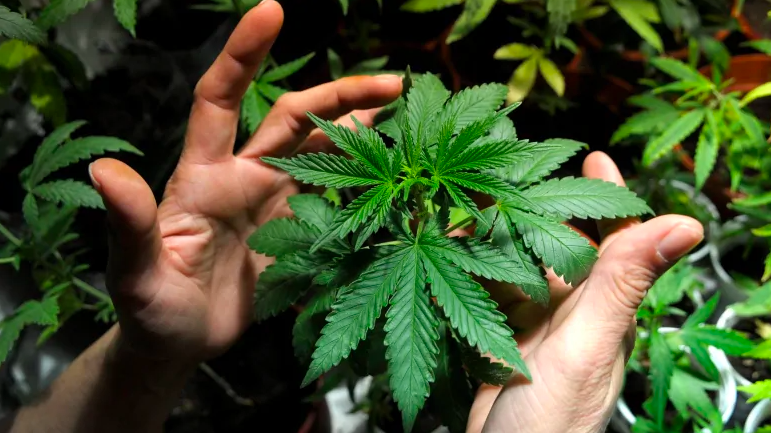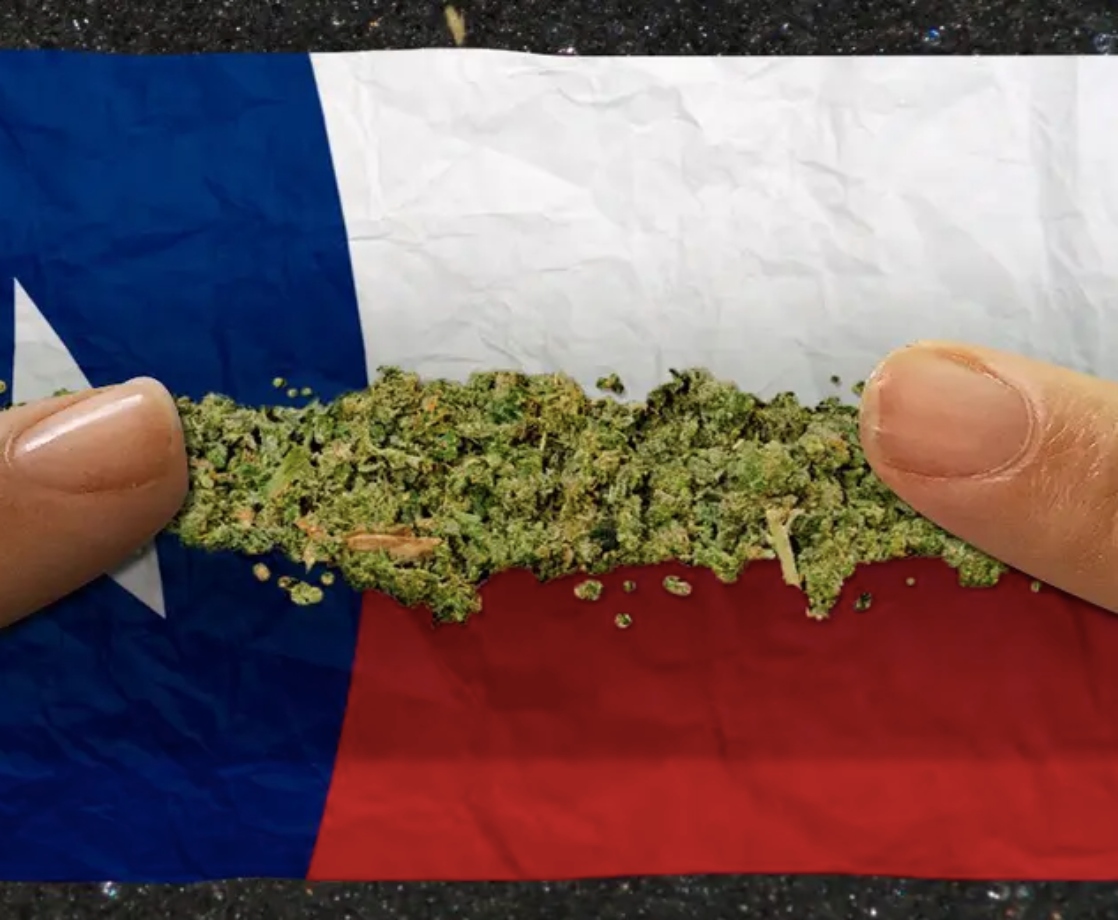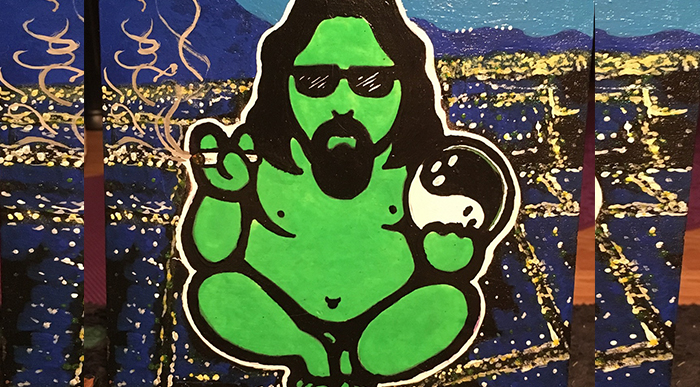Image via
As Mexico’s lopsided cannabis legalization process inches forward, the Supreme Court just made a capitalistic move to grant a Canadian corporation permission to import seeds and cultivate industrial (and non-psychoactive) cannabis.
The Mexican government has previously given corporations permission to plant non-psychoactive hemp within the country for medicinal and scientific uses. So this news to grow non-psychoactive marijuana is a bit of a shock, considering the government is not labeling it as hemp, and Mexico is a country that’s known for supplying weed to the rest of North America.
News of this ground-breaking decision for the legal cannabis industry comes as Mexican consumers are growing frustrated with the lag in implementing laws that grant people the right to personal cultivation and consumption. Though many have applied to COFEPRIS (the federal health agency) for the permits established by that declaration, not a single permit has been issued. (None have been denied either.)
Personal consumption of cannabis is not functionally legal in Mexico, despite rosy international headlines that lead many to believe otherwise. Even measures that supposedly decriminalize the possession of small amounts of all drugs are roundly ignored by law enforcement officers, especially when they come across people consuming or in possession of the plant.
The Canadian company that received the court’s unique permission is Xebra Brands, which applied via its Mexico sub-division, Xebra Mexico. The company announced it received the go-ahead to work with “mainly CBD and CBG products, such as tinctures, oils, topicals, edibles, beverages, concentrates, distillates, emulsions, and biomass etc., and certain uses of the cannabis flower.”
Though it’s an important step, the decision itself means little in the short term for those not employed by Xebra. To briefly get into the legal technicalities of this decision, Xebra Mexico applied for an amparo, which is essentially a Mexican legal petition that claims the government has violated one’s rights with a law. Should the government approve your amparo, you are granted the right that was violated. But, the decision does not apply to anyone else, unless (as the famous 2018 Supreme Court decision proved) the government entity approves it enough times that jurisprudence is established. It’s a much different system than in the US, where a single Supreme Court decision is enough to establish jurisprudence.
TLDR, it may be a while before anyone else gets permission to plant weed in one of the world’s great weed nations.
In fact, Xebra states in an announcement on their website that it “believes its first-mover-advantage in the Mexican CBD and CBG market could last 1 to 3 years” — great for the company’s market dominance, but bleak for the rest of the country.
Corporate CBD products have long been on retailers’ shelves in Mexico, thanks to previous court decisions that approved amparos for corporations to sell cannabis products made from plants grown outside the country. Notably, ads for CBD Life energy drinks and lotions, and a proprietary version of cannabis-infused topical cream Marihuanol, have adorned buses and bus stations in Mexico City for years. Such products are sold in retailers like the national franchise chain Paradise Smoke Shops, which is co-owned by former president Vincente Fox and telenovela actor Roberto “El Diamante Negro” Palazuelos.











